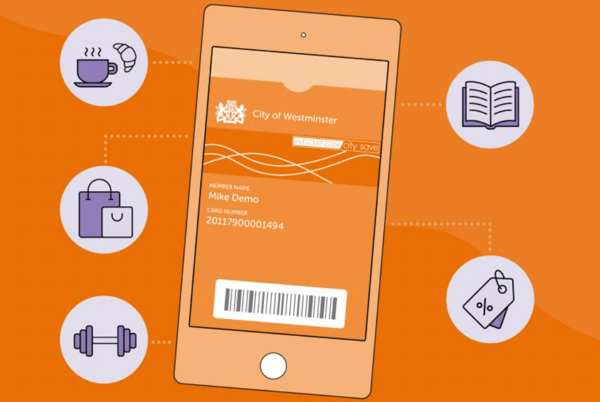41% of UK employees report suffering because they could not access healthcare
Data reveals that 41% of employees reported having suffered because they could not access healthcare, rising to 49% amongst millennials. Overall, nearly two-thirds of employees have struggled to get a GP appointment and 47% have resorted to self-treating.
In dentistry, 54% of employees find it difficult to get an NHS dentist appointment and nearly half of those who received dental care found it difficult to pay for.
The NHS has long faced a backlog in delivering appointments, with over 6.2 million people on the waiting list in March 2025. Last year, over 1.6 million people were waiting for more than one month for a GP appointment, a figure described as "totally unacceptable" by the Royal College of GPs.
The government is currently working to address dental deserts, but in many areas of the UK NHS dentists are simply not taking any more patients. There is an ongoing public consultation into dentistry costs.
Digital tools are increasingly deployed to address the challenge of accessing healthcare such as telephone and video appointments. Most people reported being comfortable with these types of services with 61% of employees reporting they were confident with virtual GP appointments.
The figures are revealed in the Britain At Work report by Health Shield Friendly Society. The group surveyed 975 working people in full or part-time employment in December 2024 on the impact of ill health on business, hurdles facing healthcare access and pressure on the NHS.
Paul Shires, director at Health Shield said: “This should be a wake-up call for employers that their people across all age groups are struggling with access to healthcare – and that is going to impact the workplace.”
The nature of the health challenge
On average, employees took 7 days off in the last year due to health concerns, with 29% of absences a result of mental health issues. General ill health made up the majority of absences at 47%, while physical injuries accounted for the remaining 24%.
The ONS estimates that 149 million working days were lost due to sickness or injury in 2024 with the UK’s overall sickness absence rate sitting at 2% - a small decline on 2023 figures.
Highlighting vulnerable groups
The report highlights the particular challenge faced by women and millennials in particular. These groups experienced more health challenges and yet also struggled the most in accessing healthcare.
Women’s rate of absence was 41% higher than men’s as they took an average of 8.2 days off per year due to ill health, compared to 5.8 days taken by men. More women struggled to get a GP appointment, at 66% compared to 58% of men, and 59% of women employees are self treating due to lack of medical treatment, compared to 39% of men.
Comparing age groups, millennials (aged 29-44 approximately) had the highest number of absences per year at 8.1 days, while generation X employees (roughly aged 45-60) had the lowest at 5.6 days annually. Similarly to women 65% of millennials reported struggling to book a GP appointment, although only 49% said they were self-treating due to a lack of medical access.
Ongoing NHS concerns
The data reveals that worry about the NHS is prevalent amongst employees with 81% concerned. Whilst this decreased from 88% in 2023, it is only slight, indicating this is an ongoing challenge.
Just over a fifth of employees said they were very worried about the NHS, with women more likely to say so (24%) than men (18%). Shires commented that “overall, these results reveal not just a national issue but a workplace challenge, as employee anxiety about healthcare access can impact both morale and performance.”





